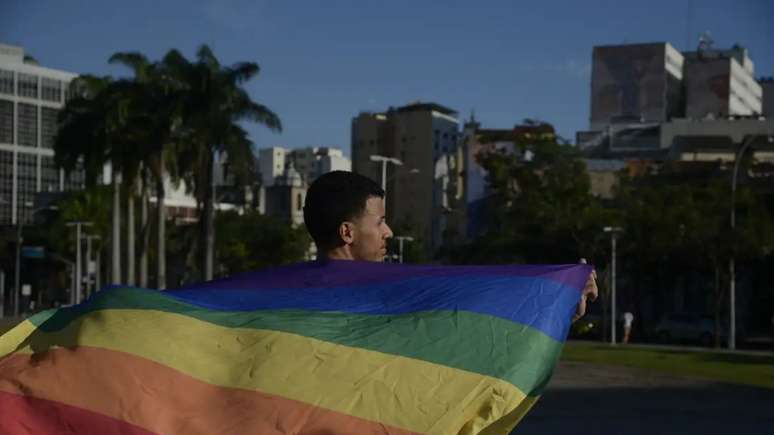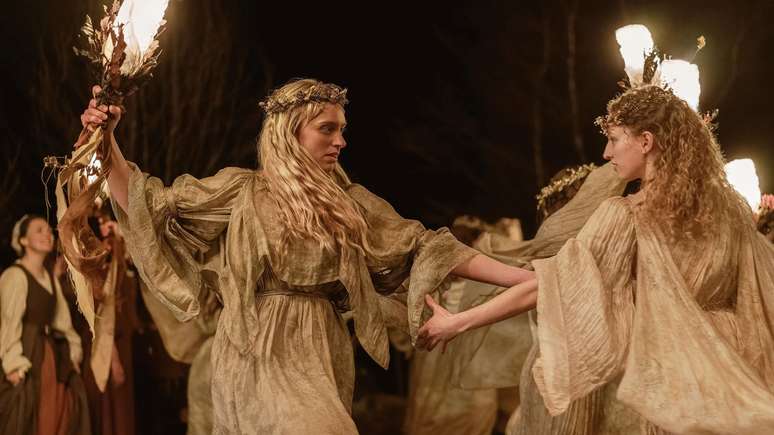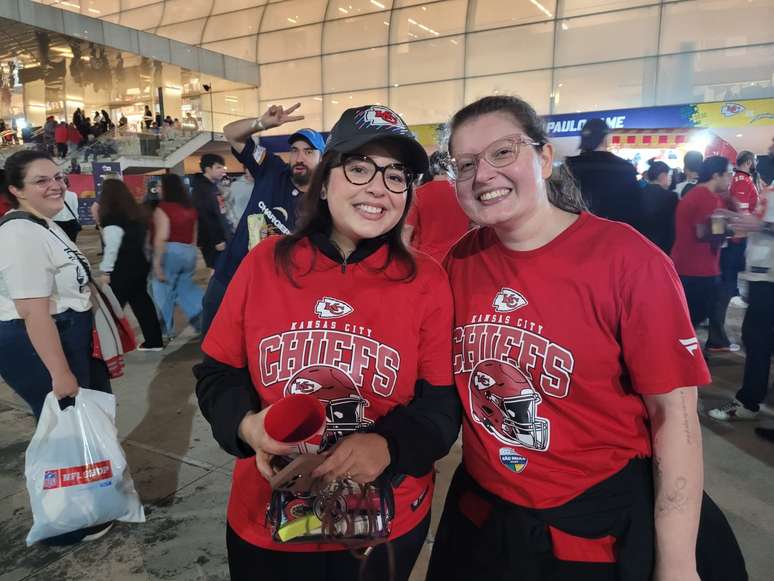Between 2013 and 2021, 59,620 civil unions were registered
In Brazil, 59,620 same-sex marriages were registered between 2013 and 2021. The data comes from the National Observatory of Human Rights (ObservaDH), managed by the Ministry of Human Rights and Citizenship (MDHC). The survey is based on statistics from the Civil Registry of the Brazilian Institute of Geography and Statistics (IBGE).
-r1fm61kgntd1.jpg)
Find out in which countries same-sex marriage is legalized
The number indicates an increase of 148.7% in nine years, with 3,700 registrations in 2013 and 9,202 in 2021. The largest annual increase occurred between 2017 and 2018 (61.7%).
The 59,620 same-sex marriages in this period correspond to 0.6% of the total marriages in the country. The percentage went from 0.4% in 2013 to 1% in 2021.
In a statement, the MDHC’s National Secretary for LGBTQIA+ Rights, Symmy Larrat, says the data indicates that same-sex legal protection is vital for a fairer and more equal Brazil. “Equality and the guarantee of rights concern all members of the population”.
places
Among Brazilian regions, the highest percentage of same-sex marriages occurred in the Southeast (0.8%) and the lowest in the North (0.3%).
Among the states, the highest percentages of same-sex marriages were recorded in Santa Catarina (1.1% of total marriages) and Sao Paulo (1%). The lowest proportions were found in Acre, Maranhão, Rondônia and Tocantins (0.2% each).
As for Brazilian municipalities, in 2021, 738 Brazilian municipalities registered marriages between men and 1,004 marriages between women.
Lesbian emotional marriages
In the period analyzed by ObservaDH (2013-2021), the majority of same-sex marriages (57.1%) were between women.
The data shows that the South-East Region has recorded the highest number of marriages between two women in these nine years, exceeding 35 thousand (35,067), which correspond to 58.8% of the total number of lesbian-homosexual marriages in the country. The region with the lowest number of reports is the North, with 2,120 marriages between women (3.6% of the national total).
As for Brazilian municipalities, in 2021, 738 marriages between men and 1,004 municipalities between women were registered.
Age
The IBGE recorded no same-sex marriages with spouses under the age of 15 between 2013 and 2021.
However, in heterosexual marriages, 1,988 marriages of girls and 158 marriages of boys under the age of 15 were found in the same period.
In Brazil, marriage with minors under 16 is prohibited by the Brazilian Civil Code. Brazilian legislation defines, from 2019, in article 1.520, that “under no circumstances will the marriage of anyone who has not reached the age of marriage”, i.e. 16 years, be permitted.
Health and physical activity
Over 76% of homosexual people (lesbians and gays) rate their health as very good or good, while among bisexuals this percentage was 67.3%, and 66.1%. among heterosexual people.
Lesbians and gays (56% homosexuals) and bisexual men and women (54.9%) declared having practiced physical activity in the 3 months preceding the survey in greater proportions than heterosexual people (41.9%).
Income and education
In general, lesbians and gays reported having the highest per capita family income: 12% reported a per capita family income above five minimum wages, while among bisexuals 5% reached this income and among heterosexuals this percentage was 6%.
Regarding education level, bisexual, lesbian and gay people reported higher levels of education than heterosexual people.
Complete data and graphs can be accessed on the Observa DH website.
ObserveDH
ObservaDH was launched in December 2023 by the Ministry of Human Rights and Citizenship (MDHC). The publicly accessible virtual platform brings together a set of human rights indicators in different segments.
The objective of the platform is to disseminate and contribute to the analysis of information considered strategic and, in this way, contribute to the planning, monitoring and evaluation of public policies.
Legislation
In May 2011, the plenary session of the Federal Court (STF) unanimously equated homosexual relationships with stable unions between men and women, thus recognizing homosexual unions as a family unit.
Based on this interpretation of the Supreme Court, which guarantees homosexual couples the same rights and duties that Brazilian legislation already establishes for heterosexual couples, the National Council of Justice (CNJ) published, in 2013, Resolution 175, which prohibits notaries and judges refuse to register homosexual unions and not only that: it has established that all the registry offices in the country celebrate marriages between people of the same sex.
However, in October this year, the Social Security, Childhood, Adolescence and Family Commission of the Chamber of Deputies approved the bill banning same-sex marriages, with the opinion of the rapporteur, Deputy Pastor Eurico (PL-FOOT).
Various civil society organizations and representatives of the LGBTQIA+ community (lesbian, gay, bisexual, transsexual, queer, intersex, asexual and other sexual orientations and gender identities) protest against the project as they consider it unconstitutional as it violates the principle of equality.
Article 5 of the Federal Constitution of 1988 defines that “everyone is equal before the law, without distinctions of any kind, guaranteeing Brazilians and foreigners residing in the country the inviolability of the right to life, freedom, equality, security and property.”
Bill 580/2007 is currently awaiting the opinion of the rapporteur of the House Commission on Human Rights, Minorities and Racial Equality, federal deputy Luizianne Lins (PT-CE).
Editing: Aline Leal
-1h7o6irfhw5yu.png)
-
BY PARTICIPATING
-1h7o6irfhw5yu.png)
SAVE THE DATE 10 years of same-sex marriage: “It’s our right as LGBT people”
-
BY PARTICIPATING
-t4yzpx7yqywp.jpg)
Self-portrait series: “At 12 I already had someone to marry”
-
BY PARTICIPATING
-to1rjet05nau.jpg)
Do indigenous people celebrate Christmas?
-
BY PARTICIPATING
-1iycqhk5pw9bo.jpg)
Would Christmas exist without women?
Source: Terra
Rose James is a Gossipify movie and series reviewer known for her in-depth analysis and unique perspective on the latest releases. With a background in film studies, she provides engaging and informative reviews, and keeps readers up to date with industry trends and emerging talents.






